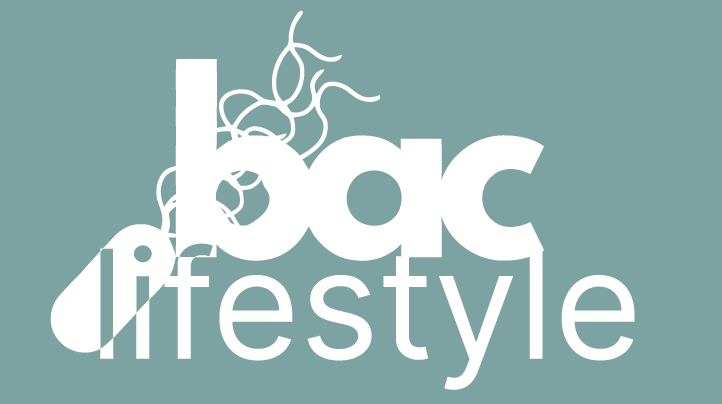The astonishing genetic diversity of the microbial world offers an extraordinary array of functions that have the potential to contribute to the development of industrial applications in many different fields. However, the vast majority of bacteria in natural ecosystems have not been successfully cultured in the laboratory, thus their biotechnological potential remains largely unexplored. Metagenomics aims to access the extraordinary potential of the vast majority of uncultivated bacteria. In particular, functional metagenomics enables the detection of functions encoded by unknown bacteria when they induce a phenotypic change in a host bacterium that has acquired their coding DNA. Although the identification of these functions has technical limitations, the applicant group has developed molecular technologies to mitigate the issues limiting the potential of functional metagenomics by developing vectors and specialized bacterial strains that maximize the likelihood of heterologous expression of environmental DNA and the identification of encoded functions. Drawing on their expertise in gene regulation, biodegradation, metagenomics, and synthetic biology, the group proposes to construct a metagenomic library that, along with the four previously constructed, will allow for the identification of biotechnologically applicable functions and the development of biocatalysts. This work will contribute to addressing some of the challenges posed by environmental objectives included in the Taxonomy Regulation (Regulation (EU) 2020/852 of the European Parliament and of the Council, of 18 June 2020) in three of its lines of action. The aim of this proposal is to identify new enzymatic activities and develop biocatalysts for (i) the use of lignocellulosic waste for the production of biofuels and other biotechnological processes. This activity is substantially integrated within climate change mitigation efforts. Additionally, as it involves waste reuse and recycling, it also contributes to the transition towards a circular economy, and (ii) the degradation of polyethylene terephthalate (PET) microplastics, one of the most abundant and socially concerning pollutants, thus contributing to the sustainable use and protection of water and marine resources. These metagenomic libraries are derived from very diverse DNA sources to maximize the chances of identifying these new environmentally relevant activities with high biotechnological potential.
Code
TED2021-132239B-I00
Funding Agency
Ministerio de Ciencia e Innovación. Proyectos de transición ecológica y transición digital 2021.

Duration
2022-2025
Participate
Aroa López Sánchez y Fernando Govantes Romero
Principal Investigators
Francisca Reyes Ramírez y Eva M.ª Camacho Fernández.

